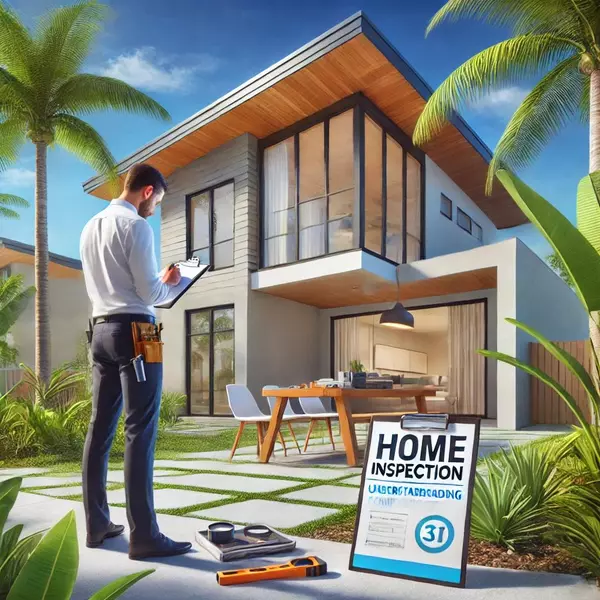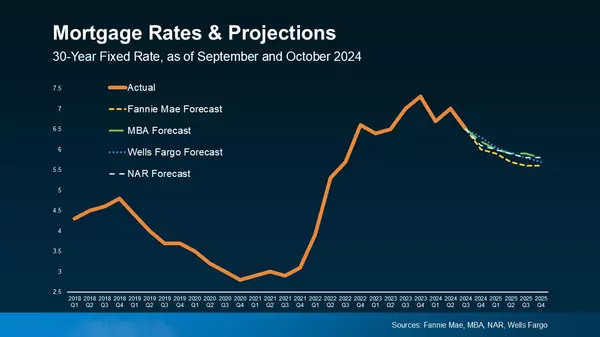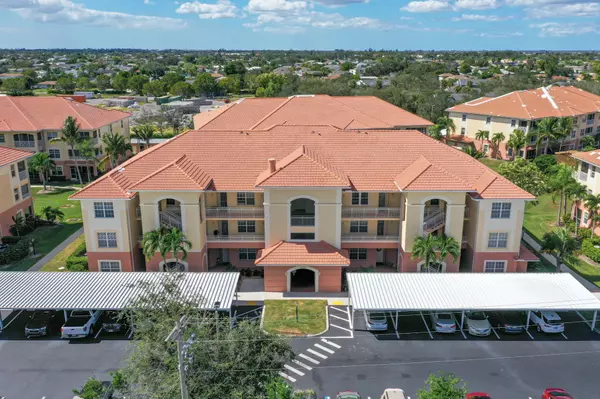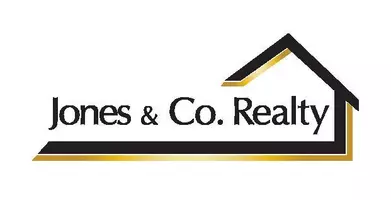Understanding Home Inspections: Common Problems and What they Mean for Buyers and Sellers

Home inspections are a crucial step in most real estate transactions, uncovering potential issues that could affect the sale, financing, or insurability of a property. Whether you're a buyer or a seller, knowing the most common home inspection problems and how they impact the process is essential.
Common Home Inspection Issues
- Faulty Plumbing: Leaks, corroded pipes, or polybutylene plumbing (often found in homes built between the 1970s-1990s) can be red flags. Many insurers refuse to cover homes with polybutylene piping due to its history of failure.
- Faulty Wiring: Outdated or unsafe electrical systems, including Federal Pacific, Zinsco/Sylvania, and Challenger electrical panels, pose fire risks. These panels are often flagged by inspectors and rejected by insurers.
- Roof Problems: Missing shingles, leaks, or an aging roof can prevent buyers from securing homeowners insurance, which is required for financing.
- Pool Upkeep: Cracked pool surfaces, faulty pumps, or unsafe fencing around the pool can be costly to repair and may deter buyers.
- HVAC Issues: Outdated or poorly functioning heating and cooling systems can be a major concern for buyers.
- Foundation or Structural Problems: Cracks, uneven floors, or settling issues can lead to expensive repairs and may make financing difficult.
Repairs: What’s Mandatory?
In Florida, the “As-Is Contract” is commonly used, meaning sellers aren’t obligated to make repairs. Homes sold in as-is condition are often priced accordingly. However, if inspection issues are significant—such as structural problems or major system failures—these homes may only attract cash buyers.
Why? Lenders generally won’t finance homes with significant issues because they pose risks to the investment. Similarly, insurers often refuse coverage for properties with major defects, making it difficult for buyers to secure a mortgage.
Special Considerations for FHA, VA, and Other Loans
- FHA-Backed Loans: The Federal Housing Administration (FHA) has specific property requirements to protect both buyers and the agency’s investment. Homes must meet minimum standards for safety, security, and soundness. Issues like exposed wiring, broken windows, or significant roof damage can disqualify a property from FHA financing.
- VA Loans: The Department of Veterans Affairs requires homes to meet its Minimum Property Requirements (MPR) to ensure they are safe, sanitary, and structurally sound. Common MPR issues include peeling lead-based paint, lack of proper access to the home, or inadequate heating systems.
- Conventional Loans: While less strict than FHA or VA loans, conventional lenders may still require that major issues, such as a failing roof or uninsurable electrical panels, be addressed.
Preparing Your Home for a Successful Sale
If you're selling, it’s wise to address significant issues before listing your home, even under an as-is contract. Simple fixes, such as repairing leaks or ensuring the HVAC system is in working order, can help attract a broader pool of buyers.
For more serious issues like faulty electrical panels, polybutylene plumbing, or structural concerns, consider consulting with your real estate agent about pricing and marketing strategies. Selling as-is may still be the best option, but transparency with buyers is key to a smooth transaction.
Buyers: Proceed with Eyes Wide Open
If you’re buying a home with significant inspection issues, be aware of the potential hurdles. Cash offers can often bypass many of the financing and insurance challenges, but it's crucial to factor in repair costs when making your offer.
Categories
Recent Posts










GET MORE INFORMATION

Billee Silva, PA, ABR SRS
Licensed Realtor | License ID: P3275278
Licensed Realtor License ID: P3275278
